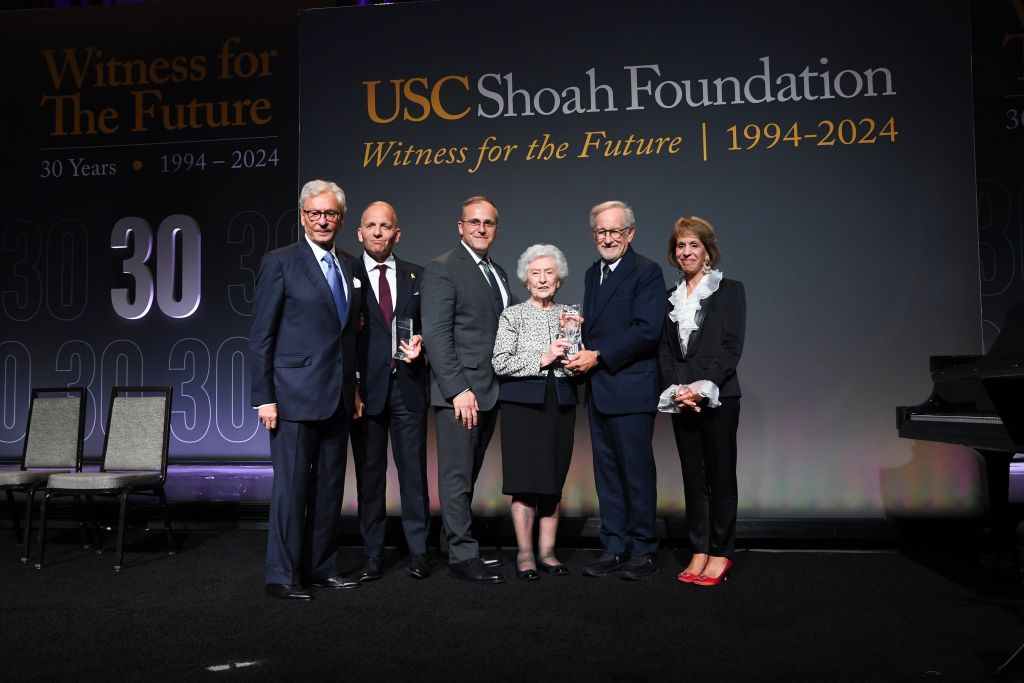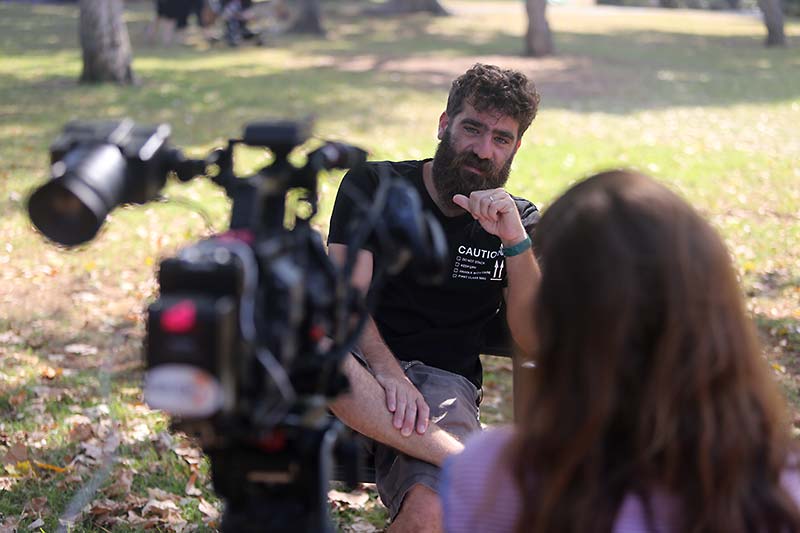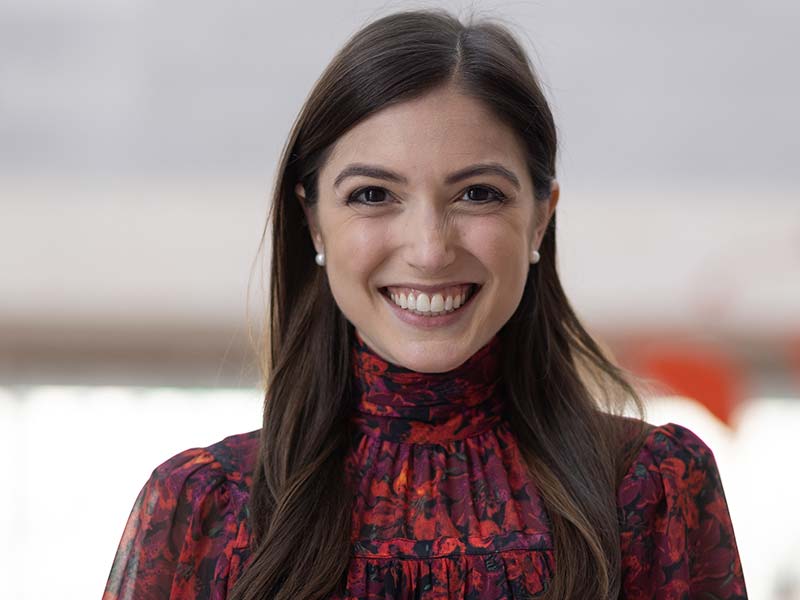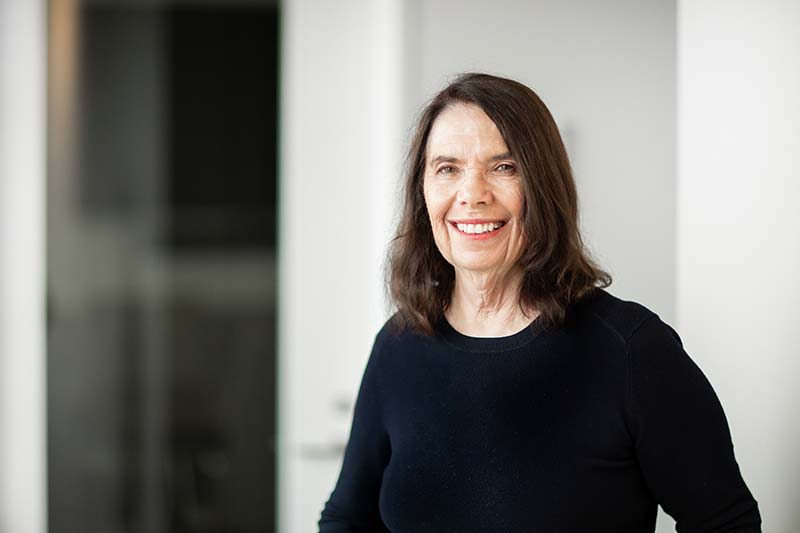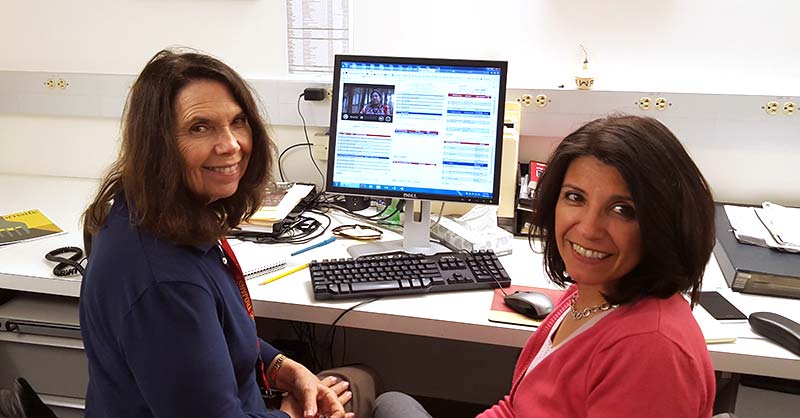All Current News Stories
Ambassadors for Humanity Gala Honors Holocaust Survivors
New York, NY (October 14, 2024) —Nearly 700 guests convened for an unforgettable evening of celebration and inspiration at the USC Shoah Foundation’s Ambassadors for Humanity Gala. This milestone event marked the institute's 30th anniversary, honoring the resilience of Holocaust survivors while emphasizing the critical importance of preserving their testimonies for future generations.
Read More
Witnesses and History: October 7 Attacks, One Year Later
The USC Shoah Foundation stands in solemn tribute to the memory of those murdered by Hamas on October 7, 2023, and to those hostages still in captivity. As we mark this day, we reflect not only on the devastating loss of life but also on the dangerous beliefs that led to this atrocity.
The attacks on October 7 revealed the persistence of virulent antisemitism in communities across the globe. Antisemitism threatens the memory of the Holocaust, threatens individual lives and communities, and undermines democratic values, the rule of law, and global security.
Read More
The USC Shoah Foundation Launches Countering Antisemitism Laboratory
With antisemitic harassment and violence surging ferociously around the globe, the USC Shoah Foundation establishes a Countering Antisemitism Laboratory to research and combat one of the world's most virulent hatreds.
The USC Shoah Foundation seeks an inaugural director for the Countering Antisemitism Laboratory, which will work with scholars, journalists, policymakers, and other leadership groups to address all forms of antisemitism. The Laboratory will house a major collection of testimonies from survivors of antisemitic violence, training programs centered on understanding and responding to antisemitism, an initiative focused on digital antisemitism and Holocaust denial, and other practical research efforts.
Read More
USC Shoah Foundation Names Mollie Bowman Managing Director of Living Links
The USC Shoah Foundation and Living Links have named Mollie Bowman Managing Director of Living Links, the first national organization created to engage and empower third-generation (3G) descendants of Holocaust survivors.
An estimated 1 million grandchildren of Holocaust survivors live in the United States. At a time when the number of Holocaust survivors is dwindling and antisemitism is on the rise, 3Gs are uniquely qualified to offer personal accounts about how unchecked hate led to the Holocaust.
Read More
Ita Gordon, 84, Brought Passion and Expertise to Her Work with Testimony
The USC Shoah Foundations mourns the passing of friend and colleague Ita Gordon, an indexer, translator, mentor, and researcher who, for nearly thirty years, channeled her passion for testimony into diligent care and expertise that helped the organization become a world leader in collecting, preserving, and sharing Holocaust survivor testimony.
Read More
Ita Gordon: A Passion for Testimony
As we celebrate our 30th anniversary, we pay tribute to some of the people who helped build the organization.
Ita Gordon has worked as an indexer, translator, mentor, and researcher at the USC Shoah Foundation since its founding 30 years ago, channeling her passion for the organization’s mission into diligent care and helping to establish the USC Shoah Foundation as a world leader in collecting, preserving, and sharing survivor testimony.
Read More
You can help us make a difference
Our programs power research, education, and public initiatives that preserve Holocaust memory and support new efforts to counter antisemitism.
